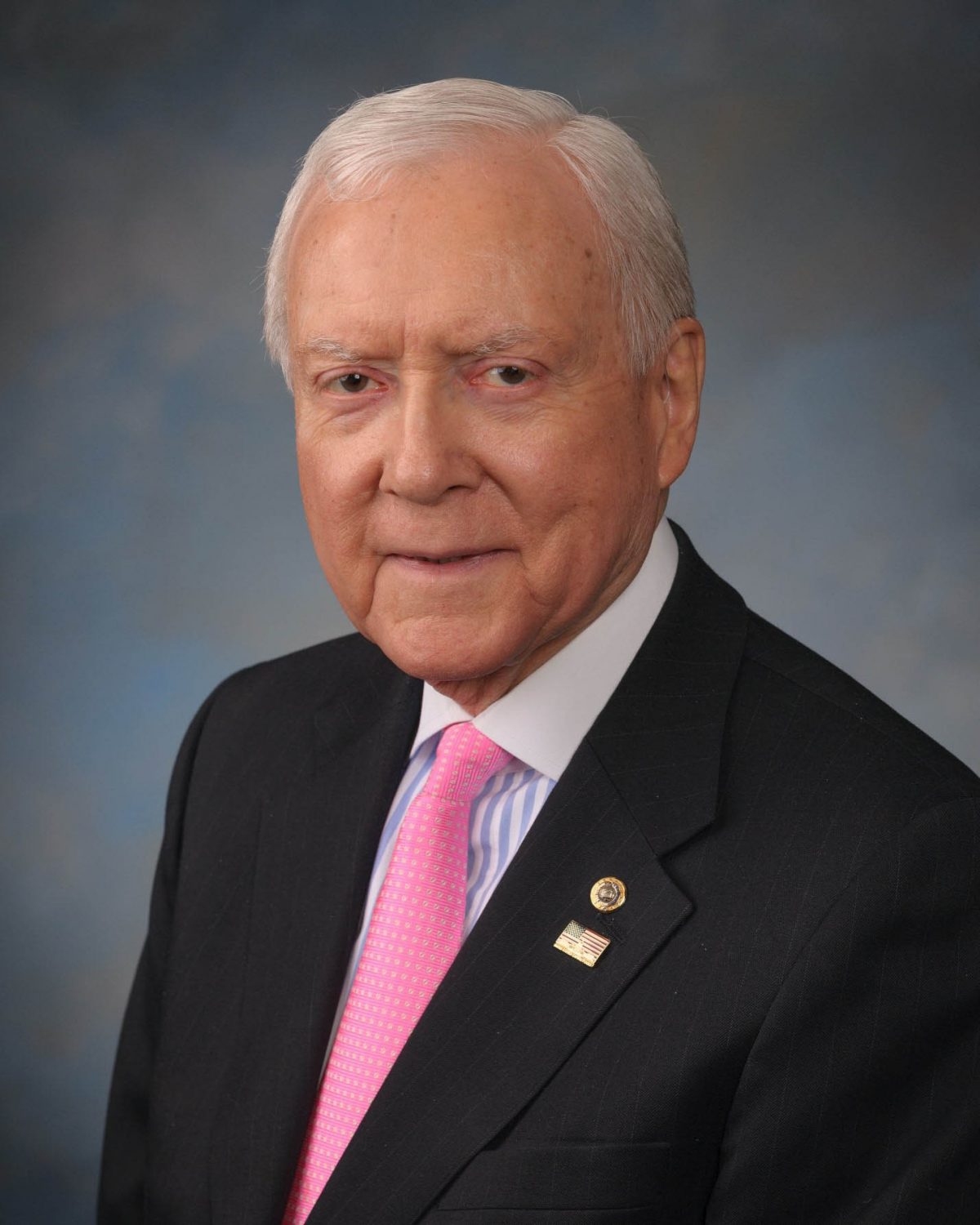WASHINGTON, (Reuters) – Orrin Hatch, the gentlemanly long-serving Republican U.S. senator from Utah who championed deep tax cuts, an anti-terrorism law and a children’s health program while fighting for conservative judicial nominees, died on Saturday at age 88.
His death was announced by the nonprofit Orrin G. Hatch Foundation, which said he died surrounded by family in Salt Lake City.
Outpourings from fellow lawmakers, some of whom had known Hatch for decades, started flooding the internet late on Saturday as word of his death spread.
“This breaks my heart,” Utah Governor Spencer Cox wrote on twitter. “Utah mourns with the Hatch family.”
Longtime friend and fellow senator Jim Inhofe, a Republican from Oklahoma, said on Twitter, “Orrin was the one who I would go to for wisdom and we had the same love for Jesus and everything we hold dear.”
Utah Senator Mike Lee posted that Hatch was a “friend, a mentor and an example” for him in his career. “His name and memory will forever be enshrined in the history of the U.S. Senate and the State of Utah,” Lee wrote.
An enduring conservative voice in Congress, Hatch held a seat in the Senate from 1977 to 2019 and served under eight presidents, starting in the waning days of Gerald Ford’s term and ending with Donald Trump’s first two years in office. He served in the Senate longer than any other Republican ever.
Trump awarded him the Medal of Freedom, the highest U.S. civilian honor, in 2018.
Hatch fiercely advocated for conservative Supreme Court nominees including Robert Bork – nominated in 1987 by Reagan but rejected by the Senate – as well as Clarence Thomas, nominated in 1991 by Republican George W. Bush and narrowly confirmed by the Senate, and Brett Kavanaugh, nominated by Republican Trump and also narrowly confirmed by the Senate in 2018.
Hatch, a lay minister in the Church of Jesus Christ of Latter-day Saints, a champion of religious liberty and an opponent of abortion rights, represented the state that is home to the Mormon Church and was one of the foremost Mormons in public life in American history.





